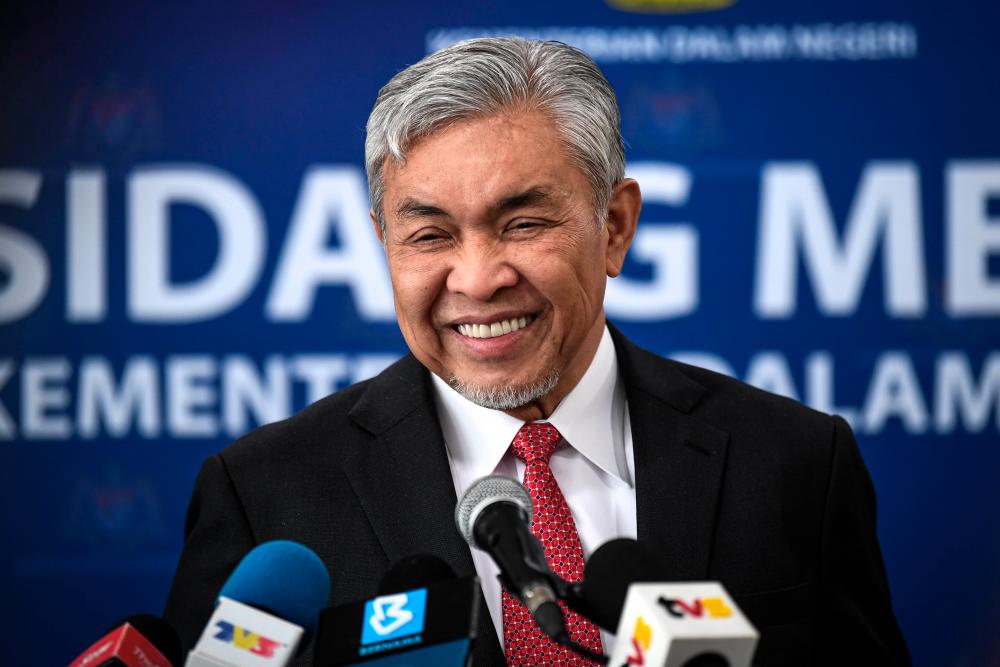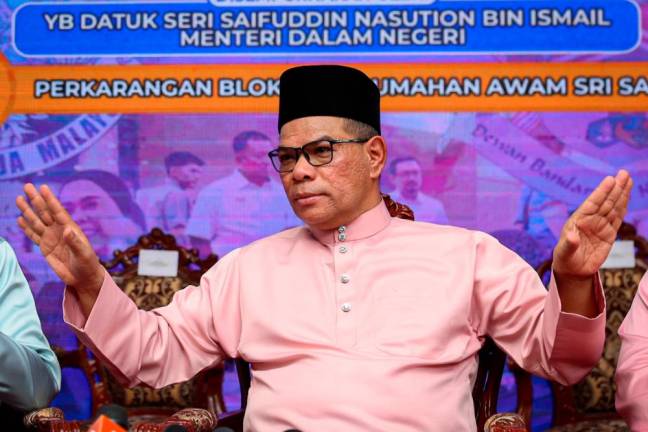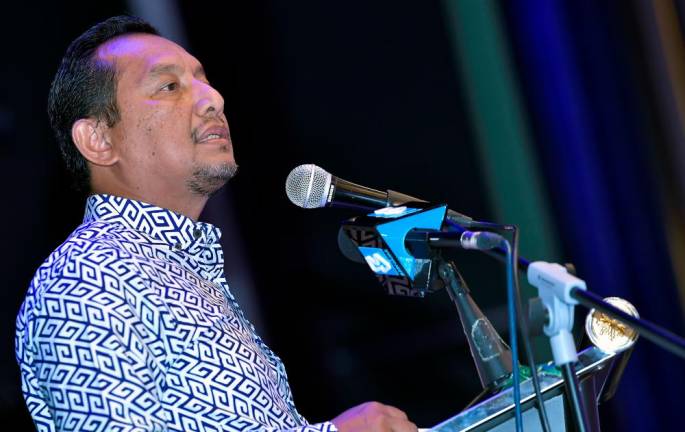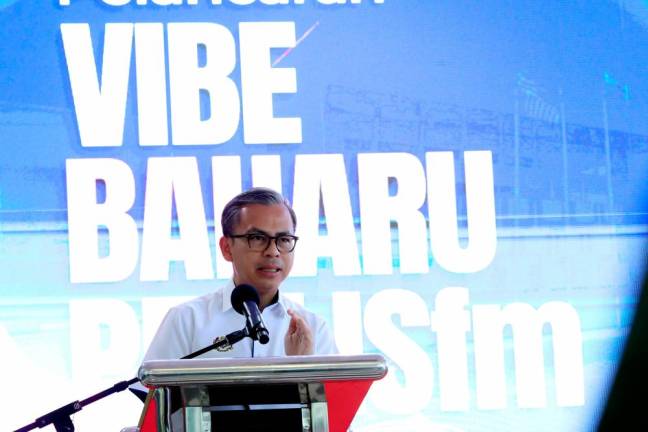KUALA LUMPUR: The Cabinet Committee Meeting on Combating Drug Abuse (JKMD) agrees with the proposal of the Ministry of Health Malaysia to improve the efficiency and capacity of pathology laboratories for drug testing with an allocation totalling RM230 million.
Deputy Prime Minister Datuk Seri Ahmad Zahid Hamidi, who is also JKMD chairman, said the proposal included the upgrading of eight existing drug-testing laboratories in Kuala Lumpur, Johor, Terengganu, Kelantan, Kedah, Penang, Sabah, and Sarawak, as well as establishing six new laboratories in Pahang, Perak, Selangor, Melaka, Sabah, and Sarawak.
He said that the improvement would have a positive impact on the smooth handling of drug-related cases particularly by the Narcotics Crime Investigation Department (JSJN) of the Royal Malaysia Police, and the healthcare system in general.
“Recognising the changing trends in drug distribution and abuse, a new narrative for the Communication Plan to Combat Drug Abuse is necessary, taking into account minimal costs but providing a comprehensive and effective impact on the people.
“The profile of drug abuse and addiction, as well as illicit substances, from 2021 to 2023 for each state, indicates an increasing trend, and the Anti-Drug Campaign will be implemented from this year until 2025 focusing on the prevention goal with the message ‘Drug prevention starts at home’ and using the tagline ‘Don’t Want, Don’t Need,“ he told a press conference after chairing the meeting at Bukit Aman here today.
Also present were Minister in the Prime Minister’s Department (Law and Institutional Reform) Datuk Seri Azalina Othman Said as well as Youth and Sports Minister Hannah Yeoh.
According to Ahmad Zahid, the 2024 JKMD meeting is the first meeting held after Prime Minister’s Directive No. 1, 2024: Machinery for Coordinating the Implementation of Policies to Combat Drug Abuse to replace Prime Minister’s Directive No. 1, 2004.
He added that the meeting was informed that out of the total number of clients of the National Anti-Drug Agency (AADK) in 2023, which amounted to 75,291 individuals, 24.1 per cent or a total of 18,115 clients had family members involved in drug abuse.
“In this regard, the family programme approach needs to be strengthened by promoting the functionality of each family member and fostering active family interactions,“ he said. -Bernama










